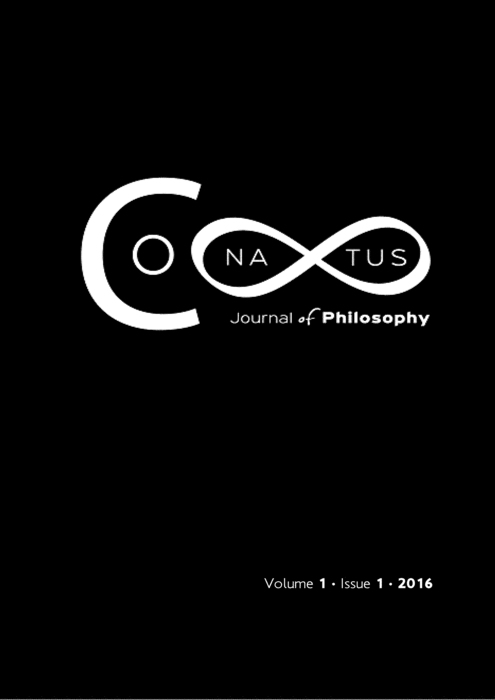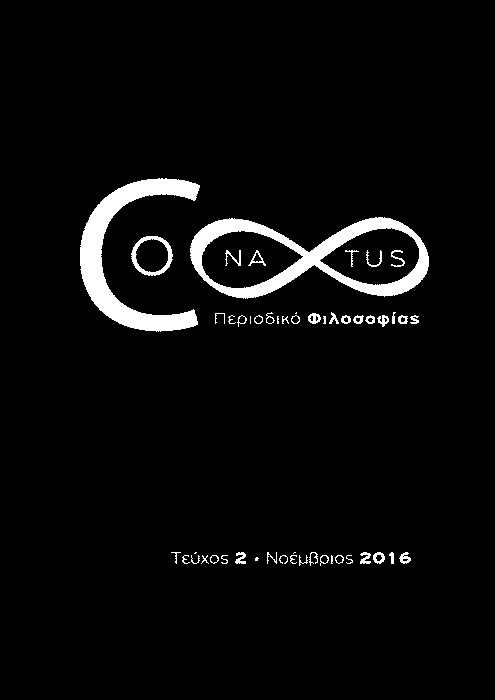The Feminine Issue according to Hannah Arendt

Abstract
According to Hannah Arendt, into the earthly world of phenomenality, where reality depends on visibility and is identified with it, people appear in their “plurality”. Therefore, it is the concrete public personalities, speaking and acting in concert, that belong to the "arendtian world"— and not the purely private beings, or bodies as natural objects, or any empirical traits and indisputable facts, including sex. Based on these assumptions, Arendt apportions a character of abstraction to the claims of the feminist movement of her time. Respectively, it can be argued that the rationalistic feminist take-up of belonging to humanity converges, paradoxically, with the essentialistic view of the female sex, as follows: both tendencies seek to understand “what is” the woman. Arendt, however, is interested in the question of “who is” he or she who acts. Sex, just like every (biological) identity of the lonely self, is horizontally overridden by spontaneous initiatives and acting within the equalizing public sphere. Although politics is not based on empirical characteristics, these same facts filter out the citizens' unique perspective whenever their individual opinion is publicly expressed and, therefore, jointly perceived, and real.
Article Details
- How to Cite
-
Karounia, C. (2017). The Feminine Issue according to Hannah Arendt. Conatus - Journal of Philosophy, 1(1), 31–40. https://doi.org/10.12681/conatus.11843
- Section
- Articles

This work is licensed under a Creative Commons Attribution-NonCommercial 4.0 International License.
Authors who publish with this journal agree to the following terms:
Authors retain copyright and grant the journal right of first publication with the work simultaneously licensed under a Creative Commons Attribution Non-Commercial International License (CC BY-NC 4.0) that allows others to share the work with an acknowledgement of the work's authorship and initial publication in this journal.
Authors are able to enter into separate, additional contractual arrangements for the non-exclusive distribution of the journal's published version of the work (e.g. post it to an institutional repository or publish it in a book), with an acknowledgement of its initial publication in this journal.
Authors are permitted and encouraged to post their work online (preferably in institutional repositories or on their website) prior to and during the submission process, as it can lead to productive exchanges, as well as earlier and greater citation of published work.






